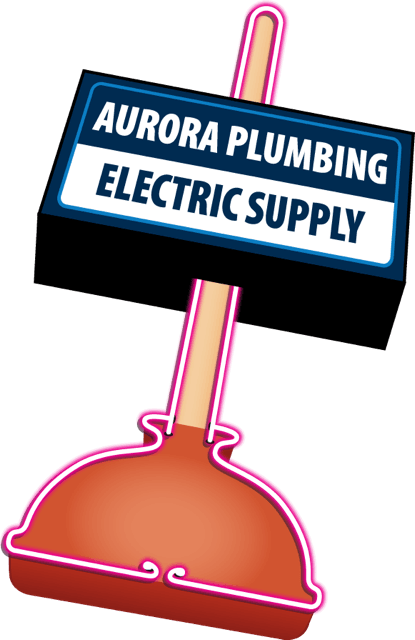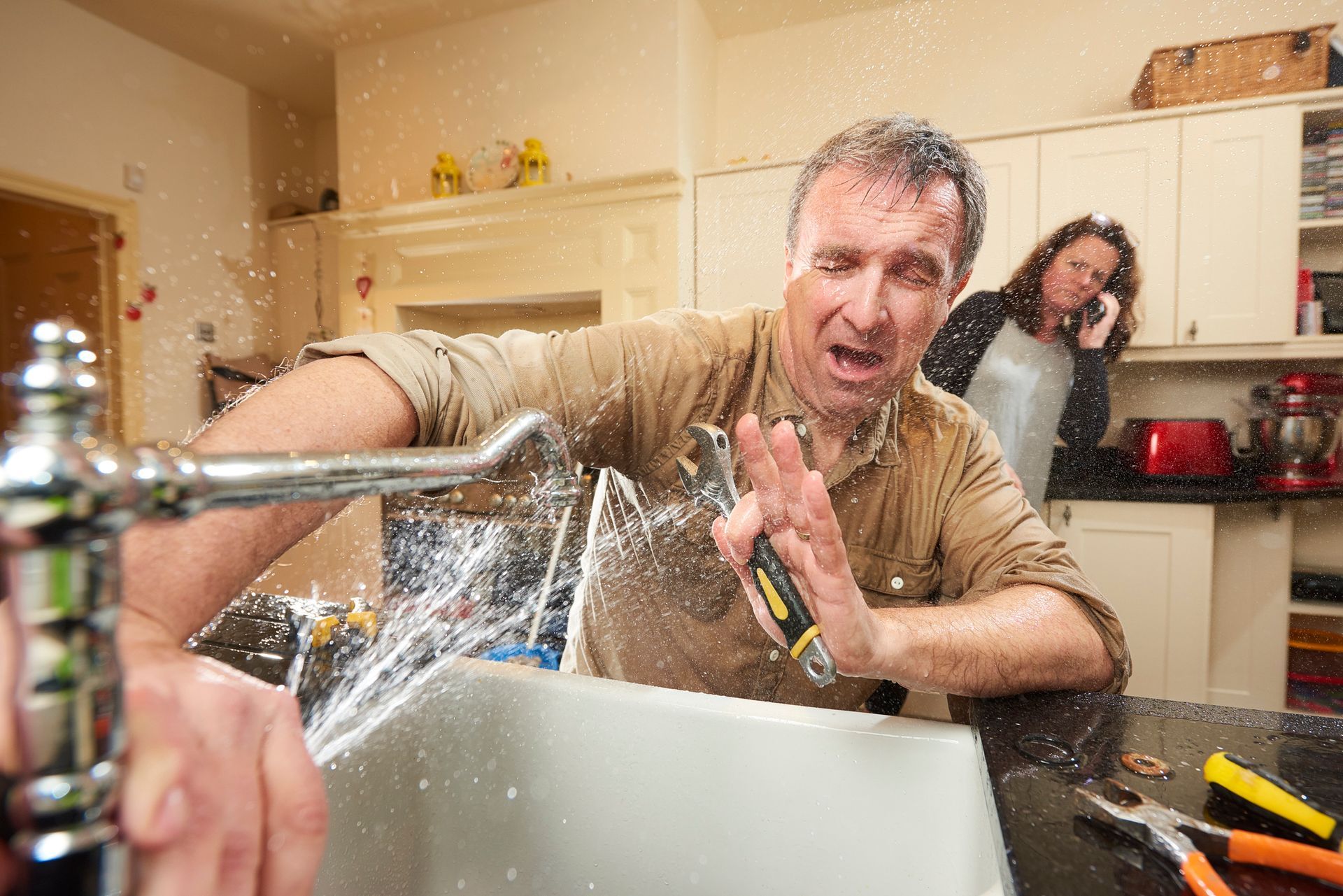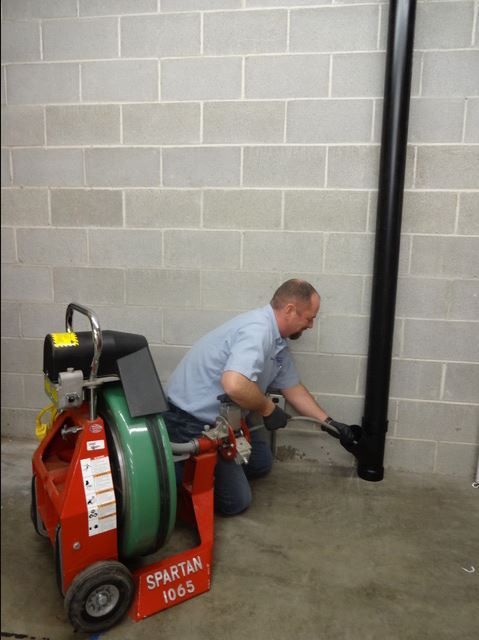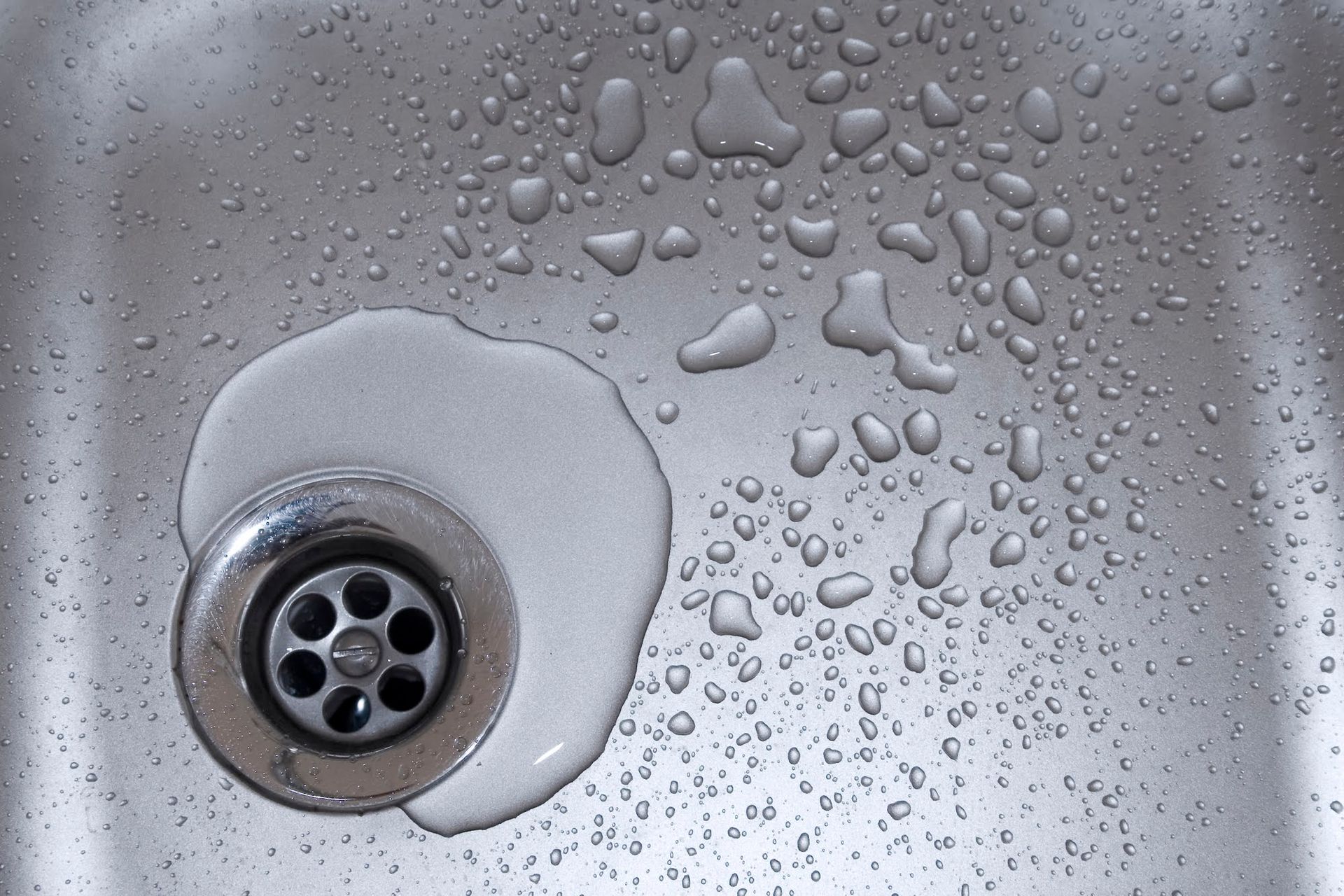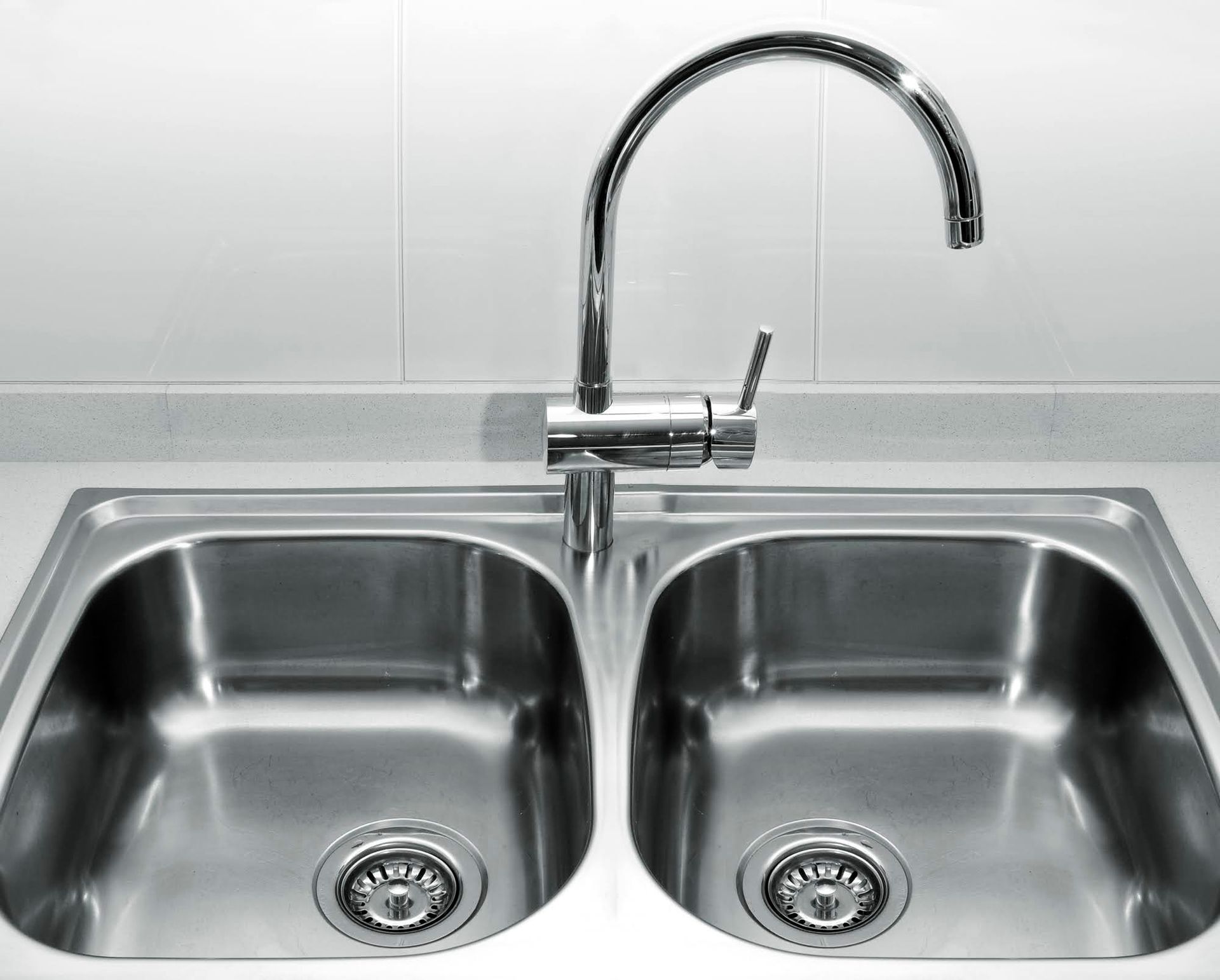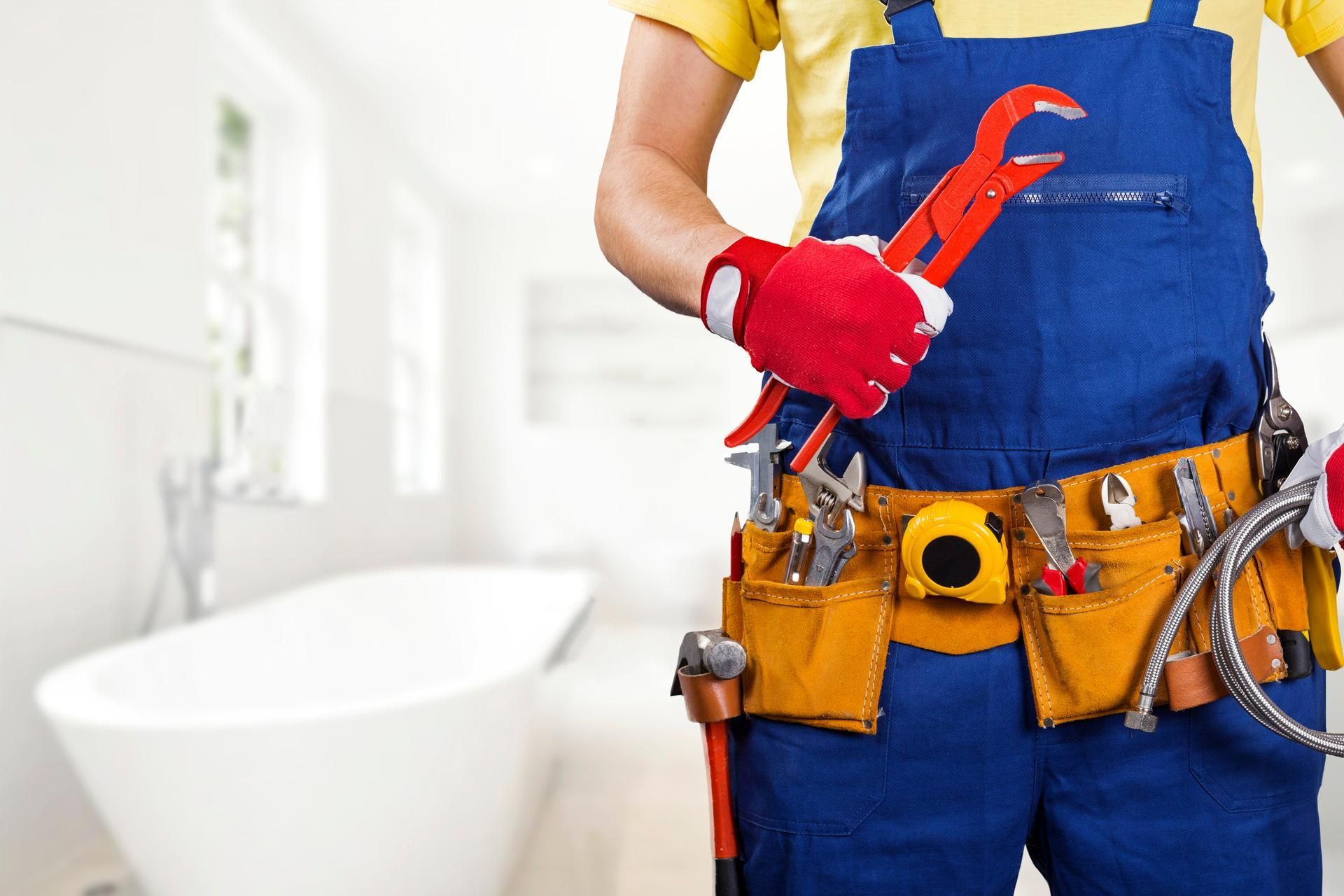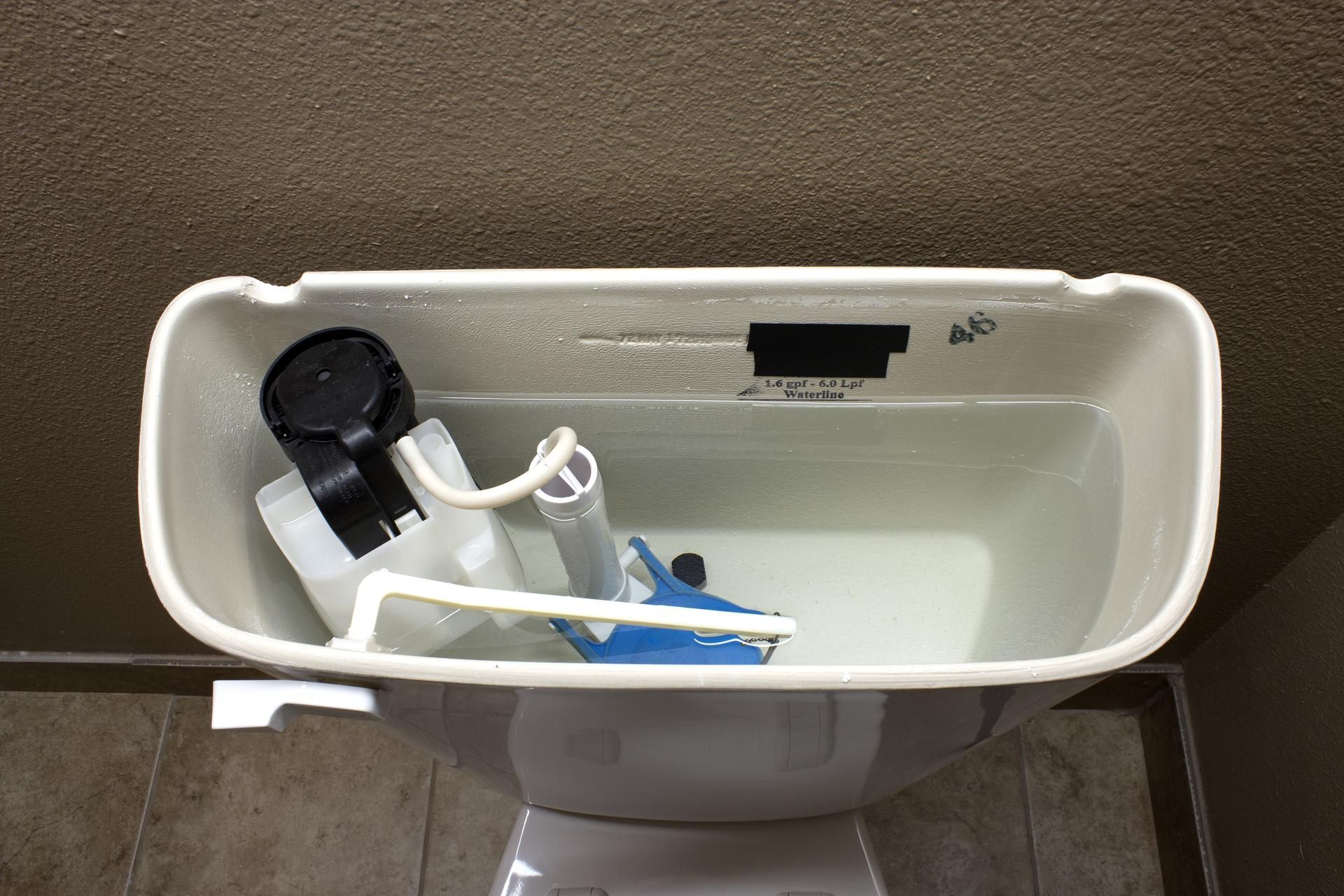Why a Tankless Gas Water Heater Might Overheat
Admin • July 31, 2020

A tankless water heater can overheat just like a water heater with a tank. The overheating can cause burn injuries to members of your household and damage to your water heating system. Know why your tankless water heater can overheat so that you can prevent or deal with the problem. Below are the typical causes of overheating for tankless water heaters.
Improper Thermostat Setting
Tankless water heaters have adjustable thermostats. The thermostat may be inside or outside the water heater's housing, depending on the system's make and model. If you have a modern water heater, it may also have a digital display of the set temperature. The system's user guide can also help you locate the thermostat.
An accidental knock can inadvertently move the thermostat. Locate the thermostat and lower the temperature if it is set too high. Depending on your system, the setting control can be a dial (old systems) or a digital control (modern systems).
Inlet or Outlet Valve Restriction
The heating unit has two water control valves. One valve controls the flow of cold water into the unit, and the other controls the flow of hot water out of the unit. A restriction or malfunction in either valve can trigger overheating.
A restriction in the inlet valve will starve the heater of cold water. The system might overheat if it doesn't have enough cold water to absorb the heat it produces. If something restricts the outlet valve, hot water can overwhelm the system and cause it to overheat.
Restricted Airflow
A gas water heater requires air supply to aid the combustion process. An efficient venting system is also necessary to remove the spent gases. A restriction in the air supply or venting system can cause overheating.
Flue gases are hot. If something blocks the exhaust, the hot gases might overwhelm and overheat the system. If something blocks air supply, the burner might run hotter than usual and overheat the system. Poor placement, for example, due to extensive renovations, is one of the causes of venting problems that can cause overheating.
Cracked Heat Exchanger
The heat exchanger facilitates heat transfer from the heater to the water. Wear and tear, corrosion, and constant expansion and contraction can overwhelm and crack the heat exchanger. The risk of cracking increases with the water heater's age.
Carbon monoxide leakage is the primary concern with a cracked heat exchanger. However, a cracked heat exchanger can also cause overheating due to poor venting and combustion. For example, combustible gas can build up in the heating unit and trigger overheating.
Clogged Heat Exchanger
Some of the dissolved minerals in your water supply will remain in the heating unit every time you use the water heater. Over time, the minerals can accumulate and insulate the heating element. Corrosion, for example, due to condensation buildup inside the heating unit, can also insulate the heat exchanger.
The insulation leads to overheating since the heater has to work extra hard to heat the water to the desired temperature. Hard water (with lots of dissolved minerals), heavy usage, and extremely high temperatures increase mineral accumulation.
Temperature Sensor Malfunction
A water heater has a temperature sensor that registers the water temperature. The temperature sensor won't register the right temperature if something clogs or damages it. The temperature reading helps to control the water temperature. With improper temperature control, the heater temperature might exceed the thermostat setting.
Some of the problems that plague tankless water heaters require professional solutions. Aurora Plumbing and Electric has an incredible plumbing experience — we have been in the industry since 1960. Contact us about your tankless water heater problems so that we can give you a professional diagnosis and solution.

